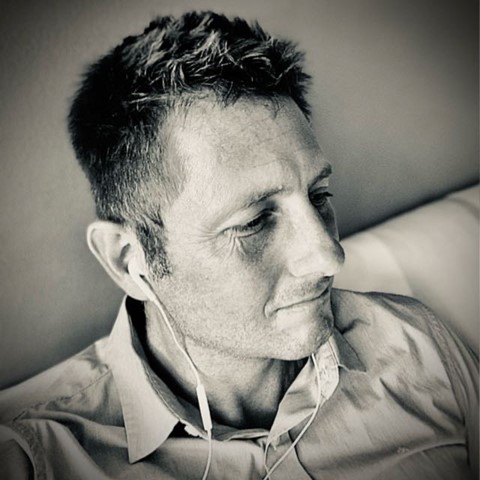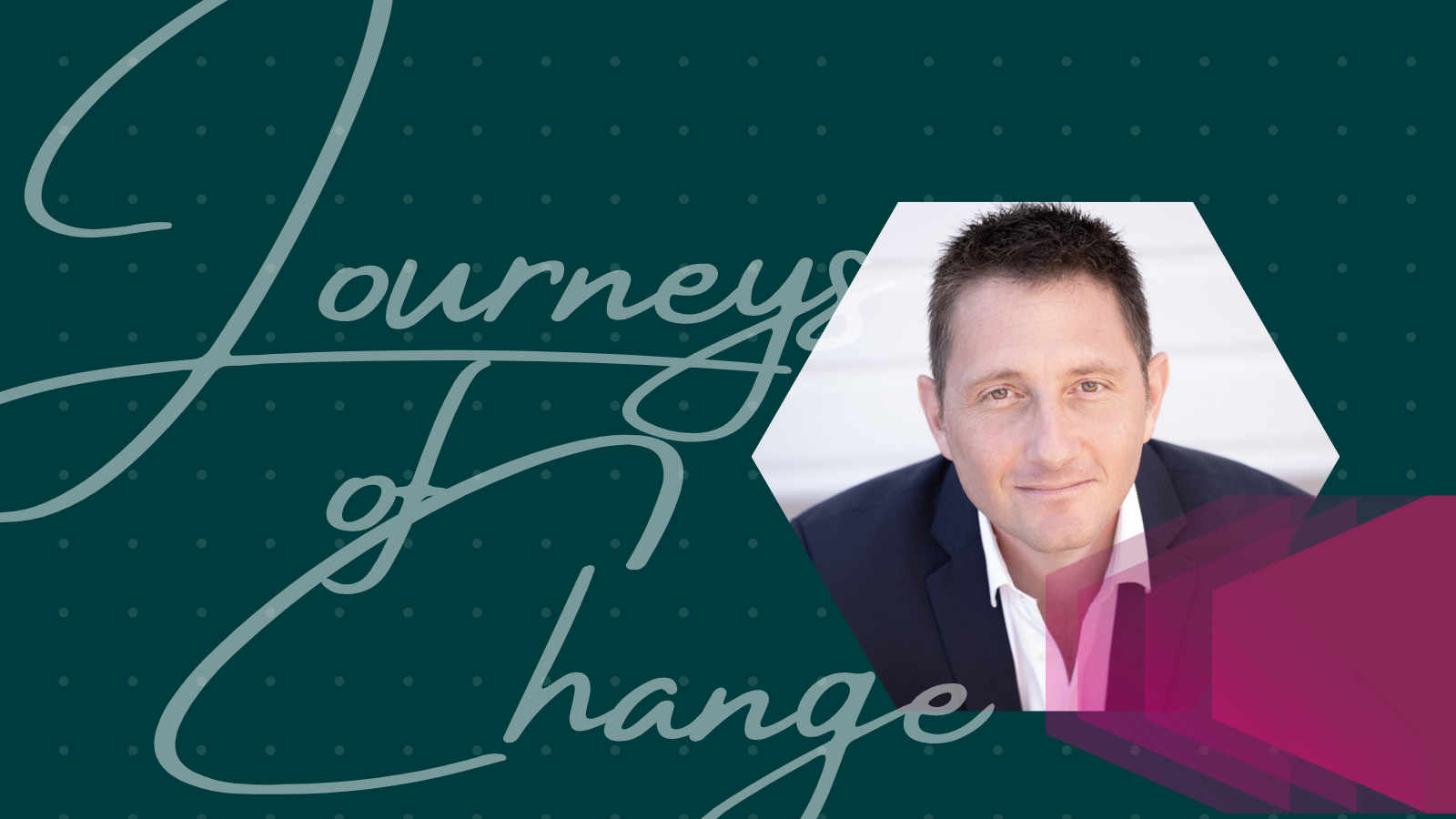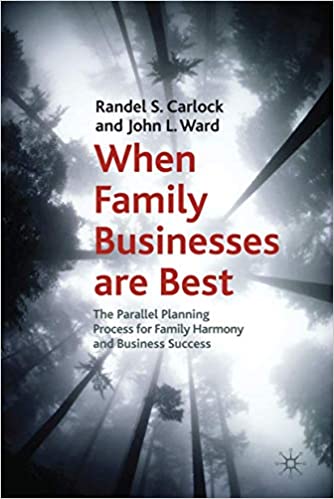Family business advisor Julien Lescs describes how INSEAD’s Executive Master in Change (EMC) programme gave him both the space to critically assess his leadership abilities and the tools to transform his career.

Julien Lescs
Co-Founder Impact Family Office, France
INSEAD EMC’20
What first drew you to INSEAD’s Executive Master in Change (EMC) programme?
I was living on the beautiful island of Réunion, working as an independent consultant specialising in leadership and negotiation skills development and change management.
My business was very successful and I was booked up months in advance. Then, mid-career, I reached a crossroads. I’d noticed a gap between what my clients were buying and a lack of execution once they were back in their organisations, and it left me feeling disillusioned.
I’d talk to peers – other consultants in my field – and they’d remind me it was up to my clients whether they chose to implement the solution I was delivering or not. But I wasn’t satisfied.
I decided I wanted to improve my ability to make an impact on organisations that were looking to make changes.
That way, I could make a more significant contribution to their success.
I went looking for a programme that could help me do this – one that also had a strong personal development component. The EMC was the only one that ticked all my boxes, so I signed up.
Did you take any special steps to prepare?
Not really, although before the course started I did take the huge step of relocating to Mallorca with my wife and small child, and another baby on the way. Looking back, I can see I was already opening myself up to change on many levels. I’d just reached a point where I was highly motivated to take risks and try new approaches.
Unfortunately, it soon became clear that Mallorca wasn’t going to work out from a professional point of view. I decided to turn that into a positive. I put my business temporarily on hold and focused one hundred percent on the EMC instead.
Were there any particularly inspirational moments or insights?
The very first book I chose from the reading list was When Family Businesses are Best by family business expert Prof Randel Carlock, who teaches on the EMC.
That was an eye-opener. I realised I’d never seen myself as a family business consultant, yet all my clients were in fact family businesses.
The book touches on how the complex, often hidden dynamics in these types of enterprises can centre around three ‘circles’ – the family, the shareholders and the business itself.
While I had a sound grasp of the business aspect, I’d never considered the effect of families’ relationships with their shareholders, or with the wider organisation.
Right away, I glimpsed all the key professional mistakes I’d been making for the past ten years.
What was your key takeaway from the course?
With a focus on recognising the triggers in our lives that shape us as leaders, the first four programme modules were intense experiences. But it was the third module that contained the biggest revelation. That’s where we explored hidden family dynamics and how powerful expectations and unfinished missions can be transmitted from one generation to the next.
In one workshop, we created genograms – pictorial displays of family relationships. Now, my Jewish paternal grandad moved to France from Eastern Europe just before WWII, joining the French army.
As an immigrant, he had a strong survivor’s mindset and was very driven to succeed in life. He raised my father to have that attitude as well, and those expectations were in turn passed on to me. I’d always just accepted it was my life’s mission to take over the family flag of success, run with it and plant it further ahead.
But when I created my genogram, I found myself having to explain to the rest of the class – and to myself – why I had chosen to link myself most directly to my maternal grandfather instead.

One of 11 children, my maternal grandfather was a farmer who had wanted to be a priest. He died before I was born, but the stories about him in the family depicted him as a strong but gentle man who led with emotional intelligence, someone who brought people together.
When he died, the siblings unfortunately became embroiled in a legal battle over the inheritance of the family farm that lasted many years. It was a fratricidal war that in the end destroyed the business.
As the third module unfolded, it became clearer to me that the impact of that unresolved conflict had always affected me profoundly.
I started to understand why listening, trying to reconnect people in conflict and getting them to see things differently are such core drivers for me.
That led to the overwhelming realisation that I did not have to take on the mission of being successful on the family’s behalf. Instead, I could choose to focus on a mission of my own. I could put my strengths to work in my professional life, working as a family business advisor, and in so doing, transform myself into a much more powerful agent of change.
It was like a weight lifted from my shoulders. You have no idea how much I cried as I tried to explain all this to the group.
What impact did that have for you professionally?
It was transformative. I now knew that I wanted to refocus my career around advising family businesses, and decided to execute on that as a matter of urgency.
Mid-programme, I began to develop a business idea with two friends to set up an impact investment service for family firms.
Our idea was to work with entrepreneurial families and advise them on investing for tangible social and environmental impact. This was the seed of what eventually became Kimpa, my current business.
Simultaneously, Prof Carlock helped to put me in touch with The Family Firm Institute. There, I was lucky enough to meet some global thought leaders in the family enterprise field who I could draw on for mentorship and advice on some technical aspects of our proposed new venture, including family governance.
Were there any other ways that the course content was applicable to your real-life practice?
For my EMC thesis, I decided to research the feasibility of impact investing for family businesses, with a focus on sustainability. I hoped that this research could become a strategic asset for my fledgling firm, helping to establish its credibility in the impact investment field.
I conducted a lot of interviews with family business owners, and funnily enough the interview process that I designed ended up becoming the thesis’ focal point. My process draws on genograms and other techniques to reveal hidden dynamics within family businesses, as well as ways to improve relationships.
I realised what I had on my hands was an innovative coaching tool specifically for family business advisors.
Subsequently, the tool has been cited in various podcasts and articles, including Forbes magazine. I’ve also been invited to numerous conferences to present on my approach. All this gave me the confidence to refocus my career.
In 2019, my partners and I launched Kimpa, Europe’s first family office dedicated to impact investing. With bases in Madrid, Paris and Aix en Provence, we reached a million Euros in revenue by our second year.
In addition, just a few weeks ago Kimpa became a B Corp company, ranking among the 170 already (and only) in France and about 5,000 in the world. This is a great achievement in line with INSEAD's mission of Business as a Force for Good and KIMPA’s one which is to deploy capital towards projects with high social and sustainable impact on to the planet.
Has the programme affected other aspects of your life as well?
Completely. The EMC gave me a secure platform to try and find a way to my true self and get rid of the backpack of rocks I’d been carrying around for so long.
On a personal level, my anxiety levels have plummeted.
I’m not such an over-preparer and over-thinker anymore, and that’s had a really positive effect on who I am as a person as well as a leader.
Of course, I didn’t get there on my own. First, I was lucky enough to be coached and supported by some truly world-class teachers and experts. My cohort also generously shared insights, helping me challenge my assumptions and broaden my views. Many of the bonds I fostered there are still strong.
Any words of advice for potential EMC participants who may be considering signing up?
If you’re open to making big changes in your personal and professional life and feel ready to open a door into the unknown, don’t hesitate. I know from my own experience just how positive and powerful the effects can be.
--
Click below to access Julien's thesis: A clinical perspective on how the environmental urgency affects the psychodynamics between family members and within family businesses







